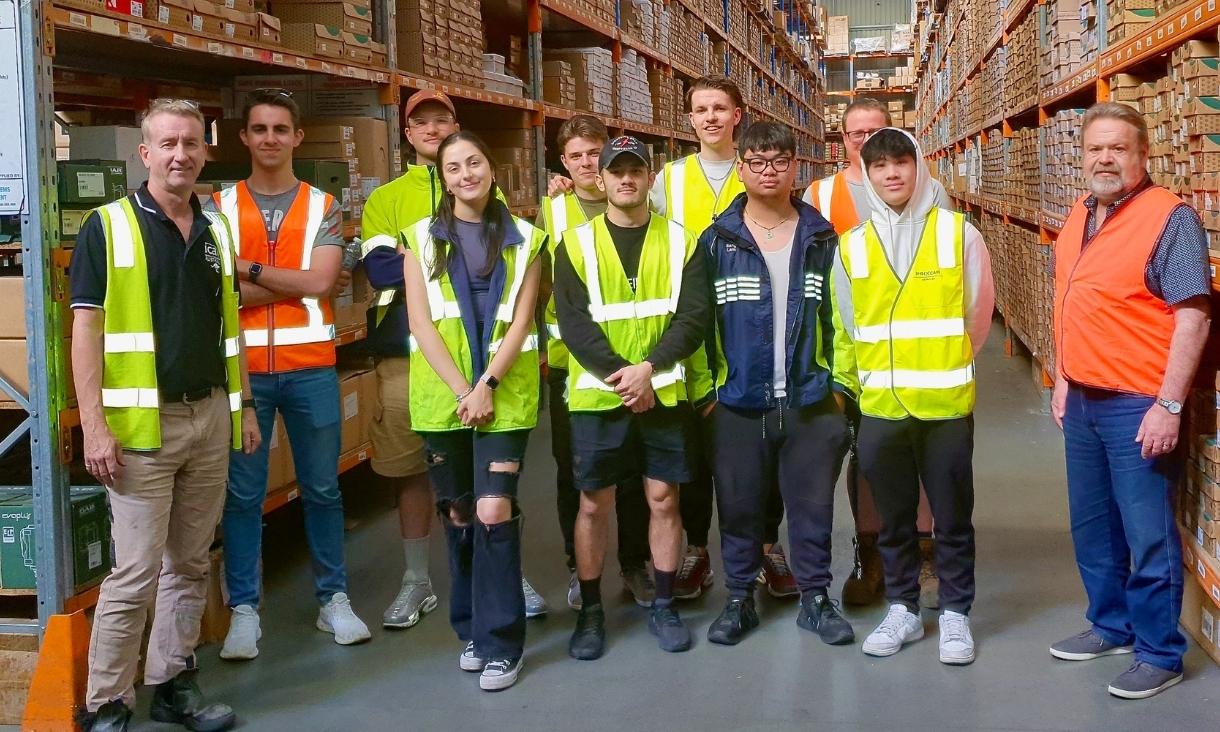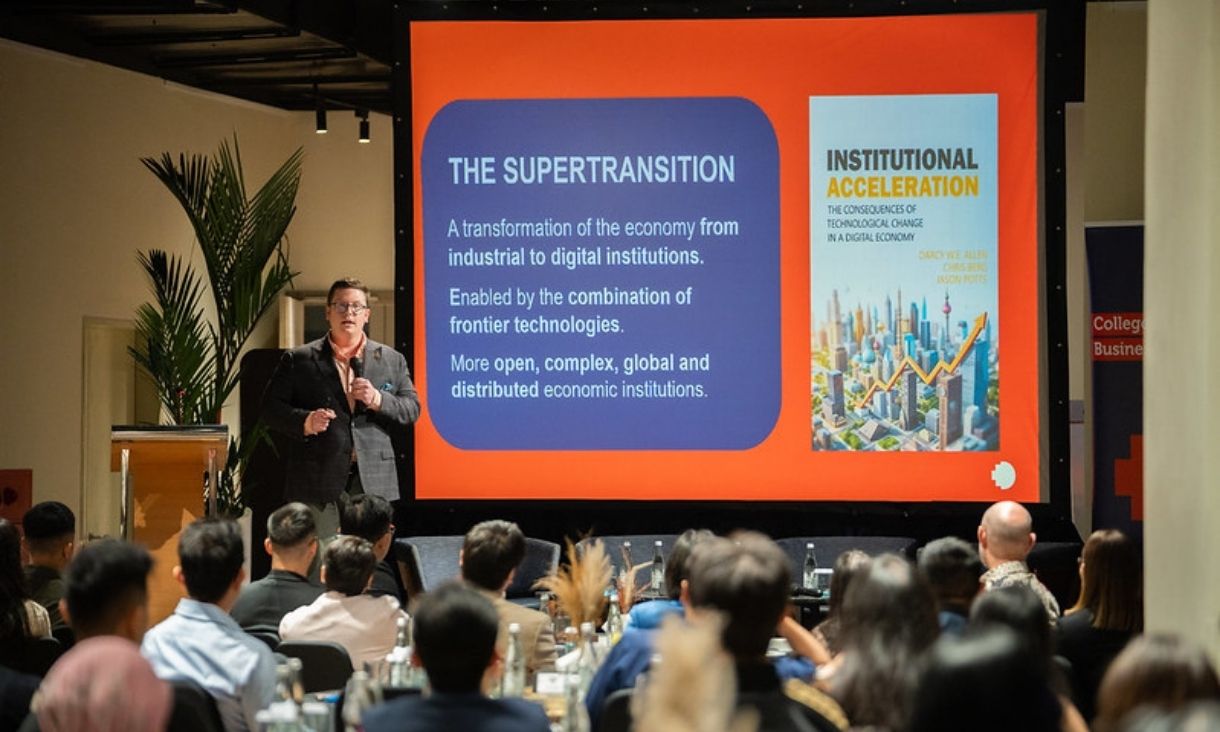Her research seeks to discover how knowledge transfer, governance and desired performance can be combined within public and private sector firms in order to increase innovation capabilities, while developing frameworks and toolkits that will help solve the challenge of nurturing innovation.
In addition, her ongoing analysis of sandboxes (virtual spaces for running untested software) will provide recommendations for governance conditions that foster experimentation with new technologies.
“Economically, we will be able to design efficient innovation ecosystems where individual firms can grow and scale-up,” she adds.
“Politically, we will shape the structures and artefacts at the intersection of innovation, regulation, law and intellectual property.”
Ultimately, policymakers will gain advantages from a clearer understanding of emerging technologies in the financial sector and beyond, and governing authorities will benefit from globally converging guidelines. This will bring supervisory oversight to an otherwise complex market.
The research will also be beneficial to decision-makers in innovative companies, innovation hubs and start-up accelerators, who will particularly benefit from deeper understanding and curated strategies of innovation management.
This recently occurred with the major European open innovation project, the European Academic Network for Open Innovation (OI-Net), where Mention worked with high-level policymakers and universities to shape the development of a Europe-wide curriculum for open innovation.
For society, her research will carry the most long-lasting benefits, instilling trust and transparency in technology-enabled services and reducing the risk of systemic failures.
Mention's future research direction includes looking at innovative methods to test current folk theories (which predict behaviour) in innovation management, and new ways to operationalise policies.
Work is already underway, for instance, to develop novel insights on the human side of open innovation.
Mention is also supervising PhD research incorporating cognitive and social psychology experiments to examine effects on open innovation behaviour and performance.
“I am planning to deliver similar social impact in the form of innovative education and training programs at all levels from the current stream of research on FinTech, regulatory sandboxes and the broader human side of open innovation,” she says.
Professor Anne-Laure Mention is deliver an opening keynote at Engaging for Impact 2019. Be part of the conversation about Ethical Innovation & Industry Transformation, and join local and international leaders from industry, research and innovation at RMIT (18-20 February). Find out more.
This story was originally published in Celebrating Research Impact, a magazine produced by the Business Research Office.





